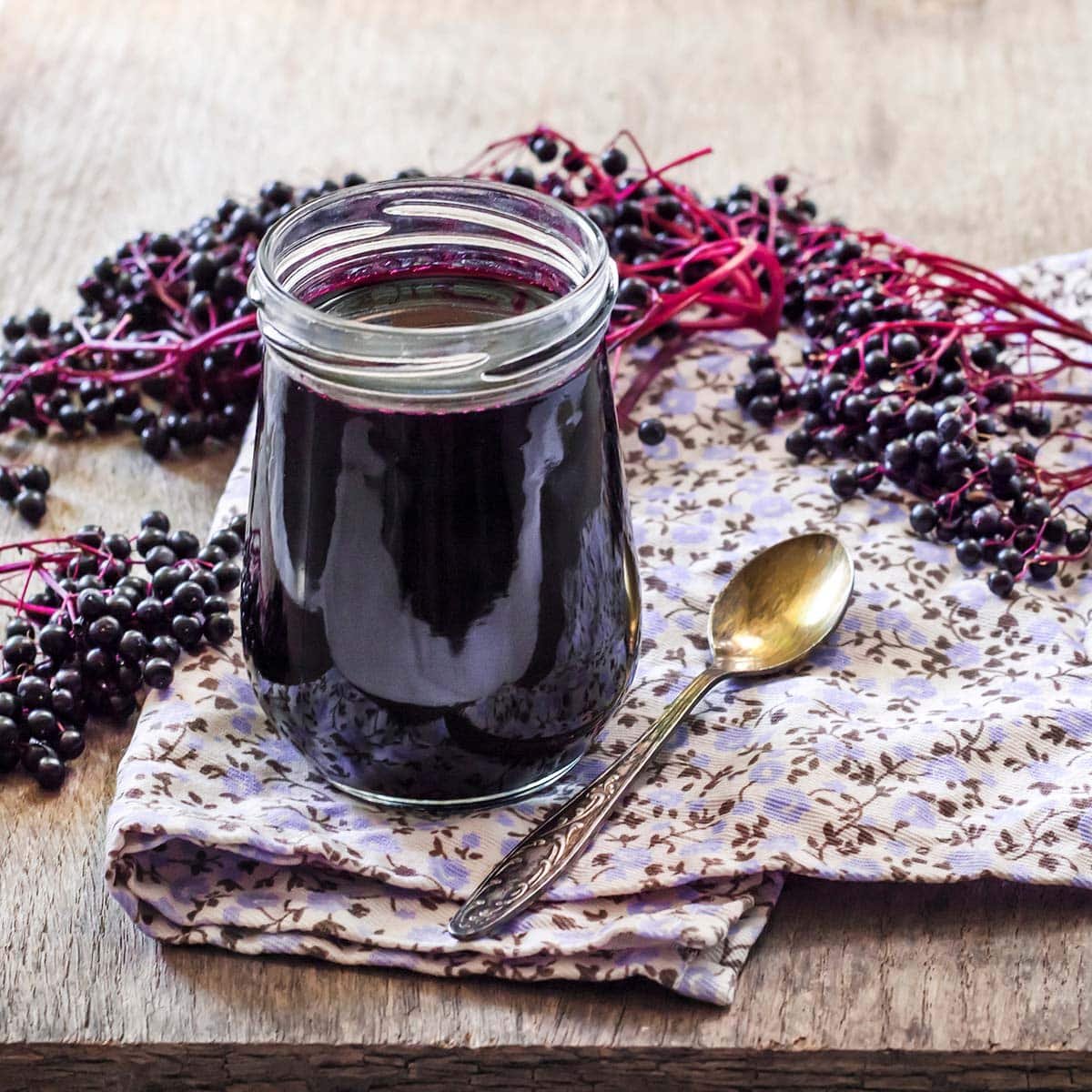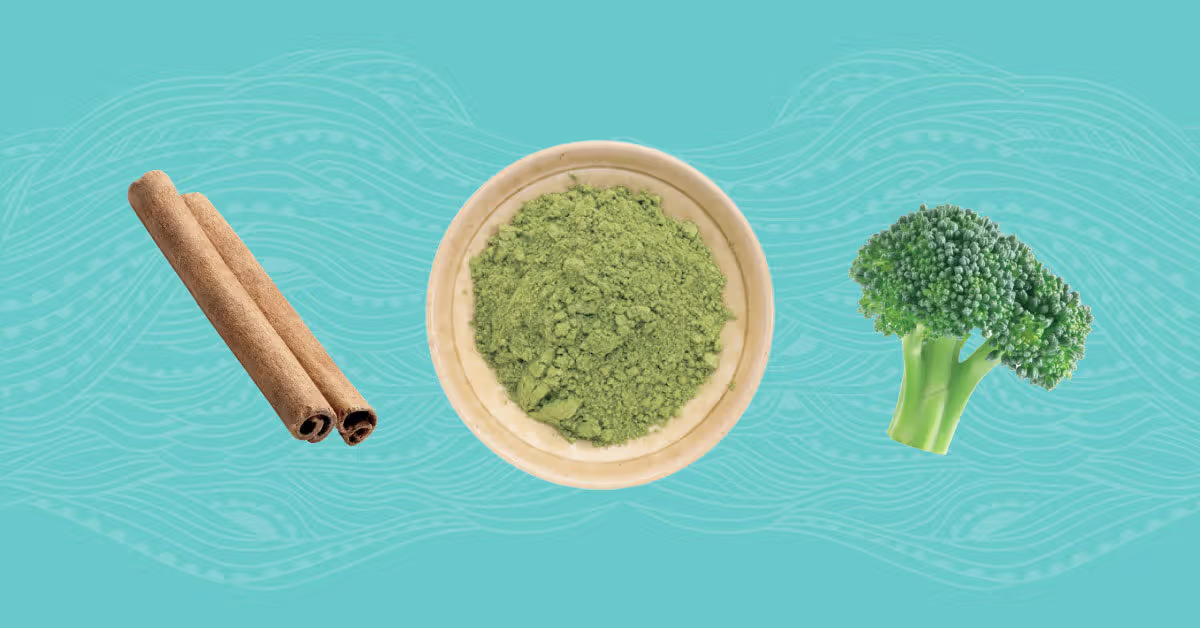
If you’re looking to improve your digestive health naturally, carob could be a surprising and incredibly effective addition to your diet. I’ll admit, I didn’t always appreciate carob; to me, it used to seem like a substitute for chocolate that didn’t quite hit the mark. But after learning about its impressive effects on gut health, I gave it another chance. Unlike chocolate, carob is caffeine-free, low in fat, and packed with nutrients that support digestion and help create a balanced gut environment. Now, I’m a fan.
Carob’s high fiber content is one of its greatest assets. Fiber doesn’t just aid digestion; it can also work wonders for constipation and stabilizing blood sugar levels, which can impact everything from energy levels to overall gut balance. Then there are carob’s tannins, a group of beneficial compounds with unique properties that can help reduce diarrhea and soothe inflammation in the gut. Adding carob to your diet isn’t just about flavor—it’s about investing in a healthy digestive system. Let’s dive into the many reasons why carob should have a place in your pantry.
Carob’s Fiber Content: Aiding Digestion Naturally
High Fiber Content and Improved Digestion
One of the standout features of carob is its high fiber content. Fiber plays a crucial role in digestion by adding bulk to your stool and promoting regular bowel movements. A few years ago, a close friend of mine who struggled with digestive issues gave carob powder a try after I recommended it. Within weeks, she reported fewer episodes of constipation and better overall digestive comfort. Carob’s natural fiber helped her create a more regular, comfortable rhythm that kept her feeling light and energized.
Types of Fiber in Carob: Soluble vs. Insoluble
Carob contains both soluble and insoluble fiber, each offering unique digestive benefits. Soluble fiber absorbs water and turns into a gel-like substance in your gut, which can slow down digestion and help stabilize blood sugar levels. Insoluble fiber, on the other hand, doesn’t dissolve in water, so it helps add bulk to stool and supports faster, more consistent movement through your intestines. The blend of these two fibers in carob makes it a powerhouse for digestive health.
Reducing Constipation Through Natural Means
If you or someone you know suffers from constipation, you know how disruptive it can be. Carob’s fiber content can naturally alleviate this issue without relying on harsh laxatives, which often lead to dependency. In fact, one study on the dietary impact of carob fiber found that participants experienced improved digestive motility and reduced constipation symptoms. If you’re like me, you probably prefer gentle, natural solutions to digestion issues, making carob a smart choice.
Carob’s Tannins: Nature’s Anti-Diarrheal Aid
What Are Tannins?
Tannins are polyphenols found in various plants, including carob, and have astringent properties that help reduce inflammation and protect gut tissue. If you’ve ever had digestive issues from eating certain foods or stress, you know how uncomfortable it can be. Tannins bind with proteins in the digestive tract, forming a protective barrier that can reduce inflammation and soothe the gut lining.
Anti-Diarrheal Effects of Carob
Carob’s tannins are particularly beneficial for managing diarrhea, especially in children. When my nephew struggled with a stomach bug last year, my sister added carob powder to his diet based on the advice of her pediatrician. Surprisingly, his symptoms improved significantly within days, without needing medication. Carob’s tannins work by reducing excess fluid in the intestines, slowing down bowel movements, and restoring a more stable digestive process.
Carob for Digestive Disorders
Beyond just occasional stomach upsets, carob’s tannins make it a helpful addition for those managing chronic digestive disorders, such as irritable bowel syndrome (IBS). The astringent effect of tannins can reduce the frequency and intensity of diarrhea in people with IBS and other inflammatory gut issues. For anyone who has dealt with the challenges of IBS, the possibility of symptom relief through a natural food like carob is promising.
Nutrient Profile of Carob: Supporting a Balanced Gut
Rich in Vitamins and Minerals
Carob is more than just fiber and tannins—it’s also loaded with essential vitamins and minerals that support digestive and overall health. For instance, carob contains B vitamins, particularly B2, which plays a role in maintaining gut health by aiding energy production and supporting the integrity of gut lining cells. It’s also rich in calcium, which is crucial for muscle contractions, including those in the digestive tract.
| Nutrient | Benefit to Gut Health |
|---|---|
| Fiber | Promotes regularity, reduces constipation |
| Tannins | Anti-inflammatory, reduces diarrhea |
| Calcium | Supports digestive muscle function |
| B Vitamins | Aids in cell repair and energy production |
Plant-Based Nutrients that Promote Gut Flora
If you’re looking to feed your beneficial gut bacteria, carob can play an unexpected role. Its fiber serves as a prebiotic, which acts as fuel for probiotics in the gut. These beneficial bacteria support digestion and help keep harmful bacteria in check. With carob, you’re not only aiding digestion directly but also helping create an environment where good bacteria thrive.
Carob’s Impact on Blood Sugar and Weight Management
Stabilizing Blood Sugar Levels
One hidden benefit of carob is its low glycemic index. Unlike chocolate, carob is naturally sweet without spiking blood sugar, making it a safer choice for those with blood sugar issues. For me, it’s reassuring to enjoy something sweet without the worry of a crash later.
Supporting Weight Management
Because of its high fiber content, carob can also help you feel full for longer periods, which can curb overeating. This fiber slows the absorption of sugars in the gut, keeping energy levels stable and reducing cravings. Personally, I’ve found that a small carob smoothie or snack keeps me satisfied longer than sugary treats, and I avoid the energy rollercoaster.
Easy Ways to Add Carob to Your Diet
Incorporating Carob Into Your Meals
Adding carob to your daily routine doesn’t have to be complicated. Here are a few easy ways to start:
- Smoothies: Blend carob powder into smoothies for a fiber and nutrient boost.
- Baking Substitute: Use carob chips or powder as a substitute for chocolate in cookies or brownies.
- Tea or Warm Drink: Mix carob powder with hot water or milk for a caffeine-free chocolate-like beverage.
- Breakfast Boost: Sprinkle carob powder on oatmeal or yogurt for added sweetness and fiber.
My Favorite Carob Recipe
One of my go-to snacks is a simple carob and banana smoothie. I blend a ripe banana, a tablespoon of carob powder, a handful of spinach, and almond milk. The taste is mildly sweet and chocolatey, and I get a good dose of fiber without any caffeine.
Conclusion
Carob is more than just a chocolate alternative; it’s a powerful digestive aid that offers natural solutions for both constipation and diarrhea, thanks to its fiber and tannin content. I didn’t expect to appreciate carob so much, but its benefits for gut health are hard to ignore. Beyond the digestive perks, carob brings a suite of vitamins, minerals, and prebiotic benefits that help create a balanced gut environment.
If you’re exploring natural ways to boost your digestive health, carob could be the simple, nutrient-rich addition you’ve been looking for. Give it a try—your gut will thank you!









